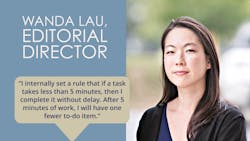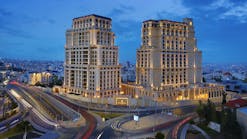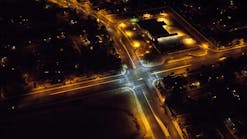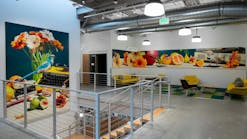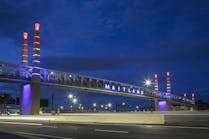Why do we procrastinate? As organizational psychologist Adam Grant has noted, we rarely procrastinate because we are lazy. Instead, we procrastinate to avoid the “negative emotions” — such as anxiety, confusion, or boredom — that we have associated with the task before us.
I certainly have pushed writing deadlines that would have caused my younger self to pace nervously. The same was true with everyday tasks, such as switching all the lamps in our new-to-us house to LEDs. But I internally set a rule that if a task takes less than 5 minutes, then I complete it without delay. By running this check, I limit the anxiety. I know that after 5 minutes of work, I will have one fewer to-do item.
Scaling this up multiple degrees of importance, humankind has procrastinated on climate change for decades. Scientists have no shortage of data and statistics linking the warming planet with human activity. Who can honestly say that today’s recurring series of extreme weather events is just like how it was when we or our parents were kids? Contemplating how to mitigate climate change by limiting the Earth’s average temperature to 1.5°C above pre-industrial levels can induce anxiety. Instead, individuals, industries, cities, and countries worldwide are breaking up the task and slowly contributing their pieces of the puzzle.
This issue of LEDs Magazine features such individuals and organizations across the lighting value chain that are stepping up their efforts to help everyone live more sustainably. Representatives from Energy Code Ace synthesize current and forthcoming regulations and standards that are relevant to lighting designers and will, in part, lessen the anxiety that designers might feel when asked about code compliance.
The general manager of the Digital Illumination Interface Alliance, which oversees the DALI protocol, argues for interoperability among international standards for lighting controls. Choosing a communications protocol is critical for owners looking to future-proof their investment in smart technologies that can better serve end users and consume less electricity.
A lighting scientist reviews the DesignLights Consortium’s recommendations for lighting strategies to make better and controlled use of the sources we specify, another reminder that the natural world can be significantly altered or harmed by human-driven decisions. Both articles distill common areas of confusion for the lighting industry.
Finally, when this issue lands in your inbox, we should be in the countdown for the first-ever LightSPEC West, an event showcasing lighting design and innovation by our publisher, Endeavor Business Media. Featuring inspiring, renowned speakers that seamlessly bridge architectural, lighting, and sustainable design — including Lux Populi founder Thomas Patterson and Brooks + Scarpa Architects founders Angela Brooks and Lawrence Scarpa — the Sept. 21–22 show will be educational, entertaining, and engaging. Essentially, everything but boring, which means one thing: You have no reason to procrastinate! Register today to attend at lightspecwest.com. There, in Los Angeles, I will look forward to ending another summer of record-breaking weather with those who are uniquely empowered to do something about it.
Wanda Lau
EDITORIAL DIRECTOR
WANDA LAU is editorial director of LEDs Magazine and Smart Buildings Technology. She previously served as executive editor of Architect magazine and worked for a decade in the architecture, engineering, and construction industry.
For up-to-the-minute LED and SSL updates, follow us on Twitter. You’ll find curated content and commentary, as well as information on industry events, webcasts, and surveys on our LinkedIn page and our Facebook page.
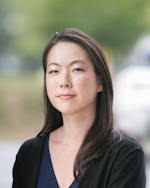
Wanda Lau | Editorial director, LEDs Magazine, Architectural SSL, and Smart Buildings Technology
Wanda Lau is an award-winning editor, writer, and podcaster whose work appears in several publications, including Architectural Lighting and Architect, where she was most recently the executive editor. In 2021, she was named one of Folio: and AdMonsters' Top Women in Media, in the DEI Champions category. Along with working a decade in the architecture, engineering, and construction industry, she holds a B.S. in civil engineering from Michigan State University, an S.M. in building technology from MIT, and an M.A. in journalism from Syracuse University.
